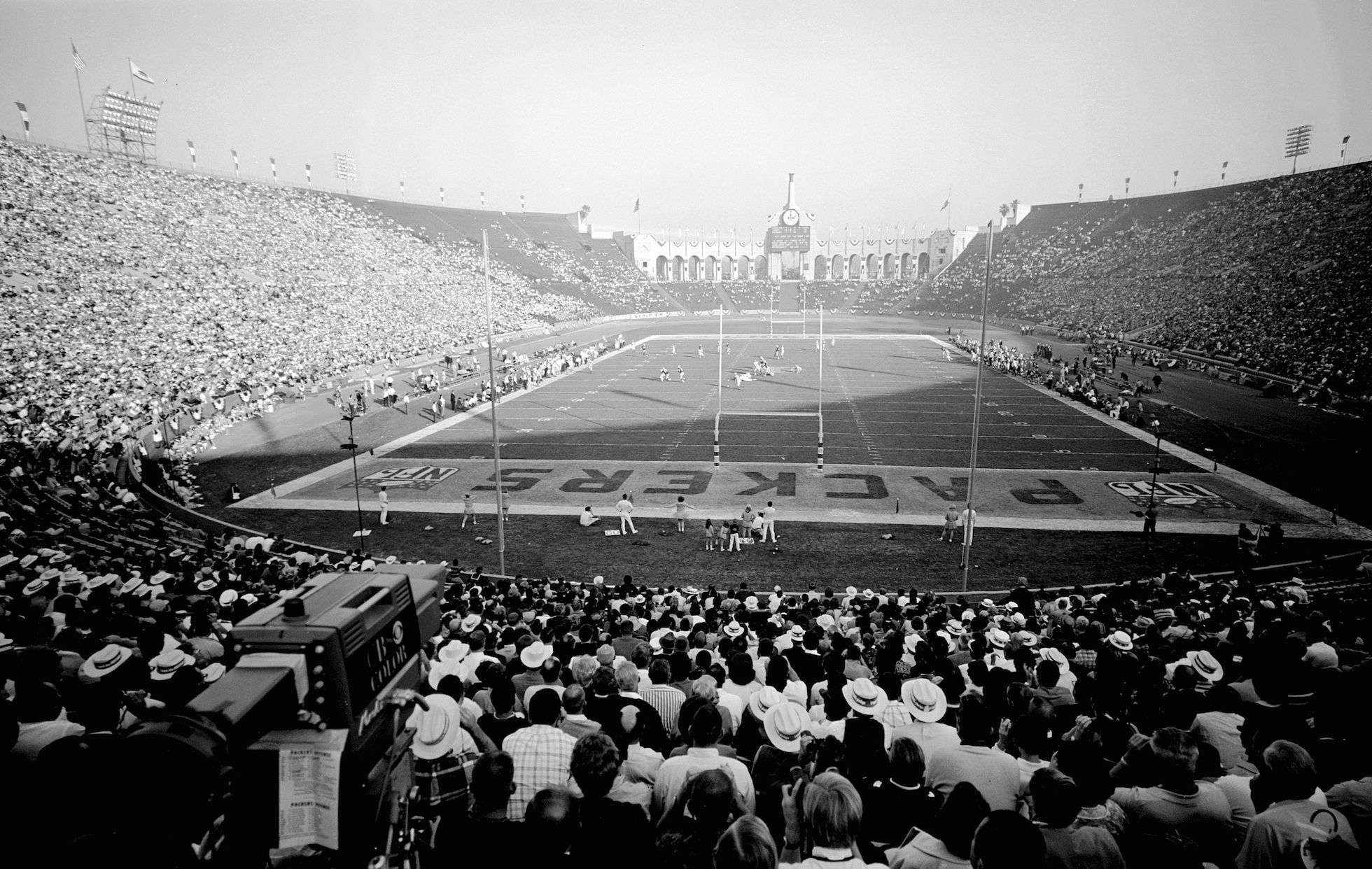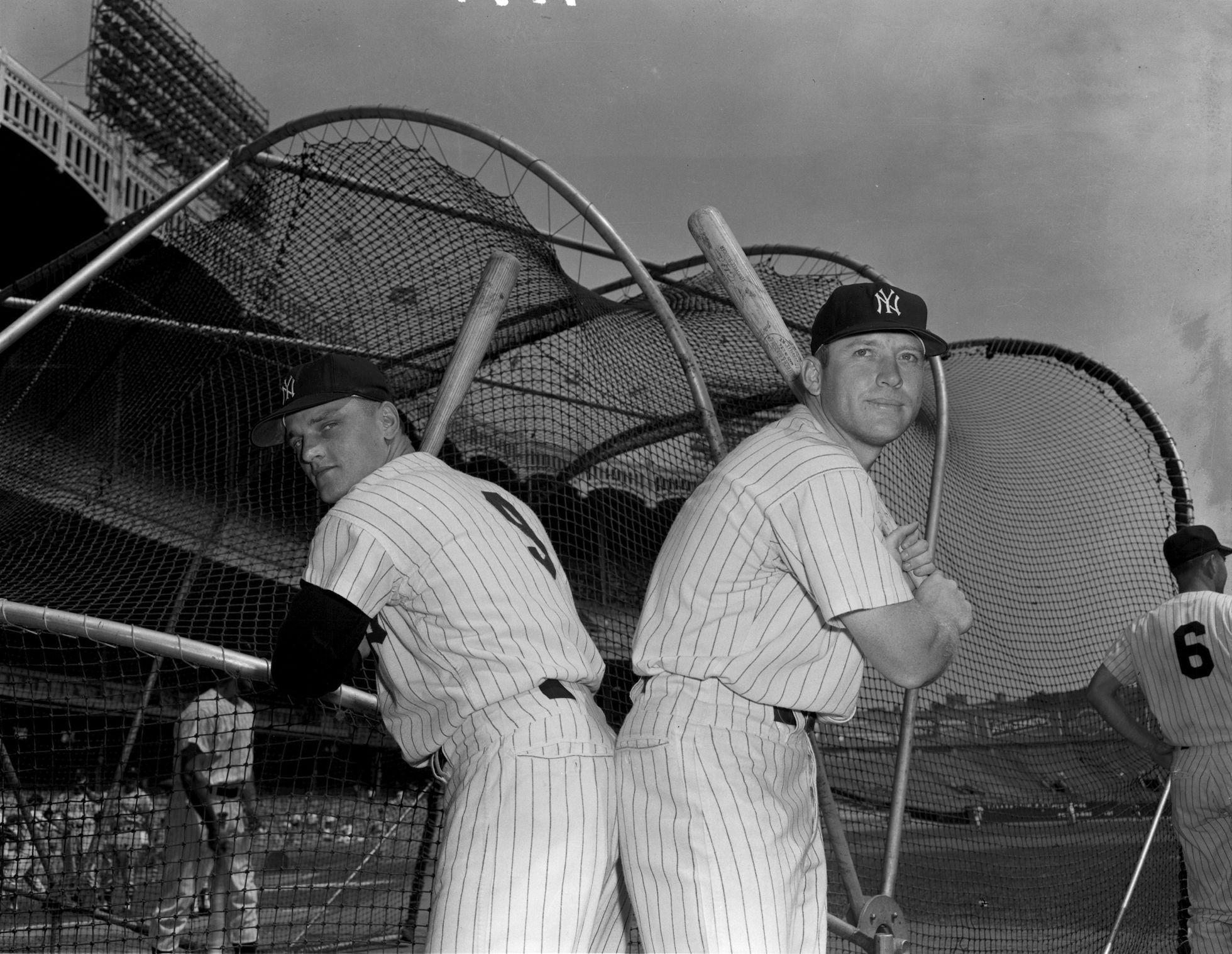3 Major Sporting Events in the 1960s
3 Major Sporting Events in the 1960s: The decade roared with change, not just socially and politically, but athletically too. This period witnessed pivotal sporting moments that transcended competition, shaping global culture and leaving an enduring legacy. We’ll delve into three events—the 1960 and 1968 Olympics, and the 1966 World Cup—exploring their impact beyond the playing fields.
These events weren’t just about athletic prowess; they reflected the socio-political climate of the time, acting as both a stage and a mirror for the world’s evolving dynamics. From the Cold War tensions subtly woven into the Olympic games to the burgeoning Civil Rights movement finding expression in Mexico City, these competitions became microcosms of the broader global landscape.
The Big Three: Defining Major Sporting Events of the 1960s: 3 Major Sporting Events In The 1960s

The 1960s witnessed a surge in global interest in sports, fueled by burgeoning television coverage and increasing international competition. This era saw significant shifts in athletic performance, media representation, and the socio-political landscape, all intertwined with major sporting events. Three events stand out as particularly impactful: the 1960 Summer Olympics in Rome, the 1966 FIFA World Cup in England, and the 1968 Summer Olympics in Mexico City.
These events, while diverse in their sports and locations, shared common threads of intense national pride, groundbreaking athletic achievements, and significant socio-political undercurrents that shaped the decade’s sporting narrative and global consciousness.
The 1960 Summer Olympics in Rome: A Global Showcase
The Rome Olympics, held amidst the backdrop of post-war reconstruction and burgeoning Cold War tensions, showcased remarkable athletic feats. The Games featured iconic moments like Wilma Rudolph’s three gold medals in track and field, demonstrating the power of athletic achievement to inspire and unify. The event marked a significant increase in global participation compared to previous Olympics, reflecting a growing international sporting community.
The sophisticated organization and presentation of the Rome Olympics set a new standard for future Games, influencing subsequent Olympic events in terms of scale and global media attention. Its lasting legacy includes the continued global prominence of the Olympics and its impact on Italian national identity.
The 1966 FIFA World Cup in England: A Footballing Milestone
The 1966 World Cup, held in England, remains a pivotal moment in the history of football. England’s victory over West Germany in the final, secured with a controversial goal, ignited a wave of national jubilation and solidified football’s position as a major global sport. The tournament showcased emerging footballing talent and innovative tactics, shaping the future direction of the sport.
Planning a weekend getaway? Check out the amazing facilities at the elgin sports complex ; they’ve got something for everyone. After a long day of activities, though, you’ll definitely want to relieve those tired muscles. That’s where the aduro sport massage gun comes in handy – perfect for self-massage and recovery. It’s a great way to unwind and prepare for another day of fun!
The event’s lasting impact is seen in the increased global popularity of football and the continued legacy of England’s victory in the national psyche.
The 1968 Summer Olympics in Mexico City: Triumphs and Controversies, 3 major sporting events in the 1960s
The Mexico City Olympics were marked by both extraordinary athletic performances and significant political controversies. While athletes like Bob Beamon shattered long-jump records, the Games were overshadowed by the Black Power salute performed by Tommie Smith and John Carlos on the victory podium. This powerful protest against racial injustice brought the Civil Rights movement to the global stage, highlighting the intersection of sports and politics.
The altitude of Mexico City also played a significant role, affecting athletic performances and prompting discussions on the impact of environmental factors on sporting events. The enduring legacy of the Mexico City Olympics includes its contribution to the global discourse on racial equality and the increasing awareness of the socio-political implications of international sporting events.
Planning a weekend getaway? Check out the amazing facilities at the elgin sports complex ; they have something for everyone. After a long day of activities, though, you’ll probably need some serious muscle recovery. That’s where the aduro sport massage gun comes in handy. It’s a game-changer for soothing those post-workout aches, ensuring you’re ready for another day of fun.
So, book your visit to Elgin and make sure you pack your massage gun!
Comparative Analysis: Shared Themes and Differences

These three events, despite their differences in sport and location, share common themes. All three garnered extensive global media coverage, fostering a sense of shared experience and global community. National pride was a central theme, with victories fueling national celebrations and boosting national morale. However, each event also reflected unique socio-political contexts. The Rome Olympics reflected the post-war recovery and Cold War tensions, while the Mexico City Olympics highlighted the Civil Rights movement.
The sporting styles and technologies also varied; the 1960s saw the beginnings of sophisticated sports science and training techniques that continued to evolve in subsequent decades.
Long-Term Impact and Lasting Legacies
The long-term impact of these three events is undeniable. The Rome Olympics set a new standard for Olympic organization and media coverage. The 1966 World Cup cemented football’s global dominance. The Mexico City Olympics sparked crucial conversations about racial equality and the role of athletes in social activism. These events influenced subsequent sporting events and global culture, shaping the way we view sports, national identity, and the intersection of sports and politics.
A timeline illustrating key moments would show the progression of these events and their lasting impact, starting with the Rome Olympics’ influence on subsequent Olympic Games, followed by the World Cup’s impact on the global popularity of football, and culminating in the Mexico City Olympics’ lasting legacy on social justice and athletic protests.
The 1960s’ major sporting events weren’t merely competitions; they were cultural touchstones. Each event—the Rome and Mexico City Olympics and the England World Cup—left an indelible mark, shaping the future of their respective sports and offering powerful reflections of the era’s defining social and political issues. Their combined impact continues to resonate in the world of sports and beyond.
Share this content:
